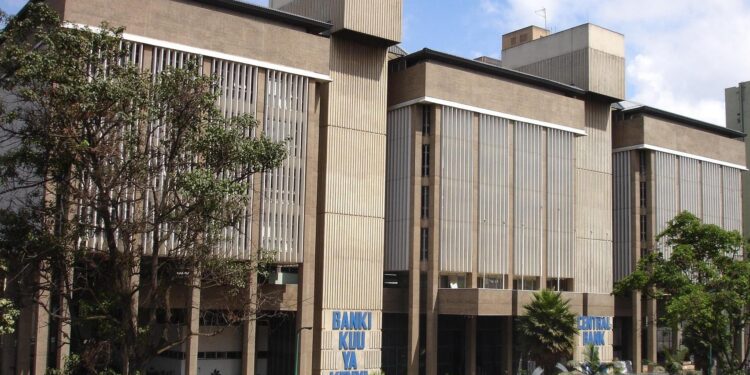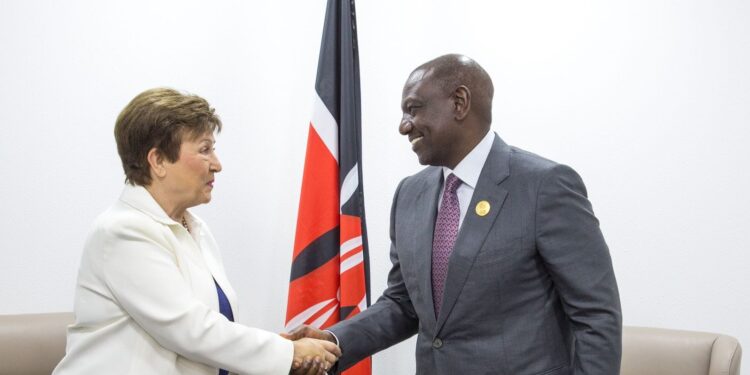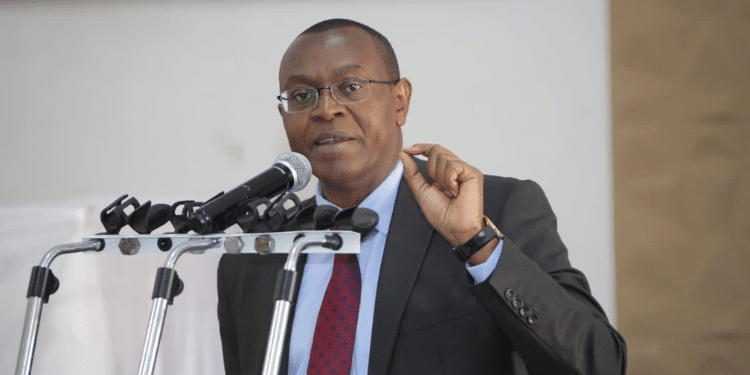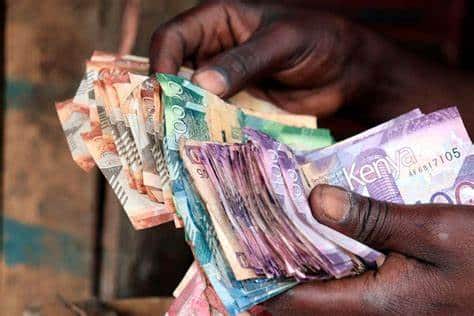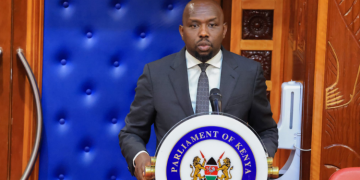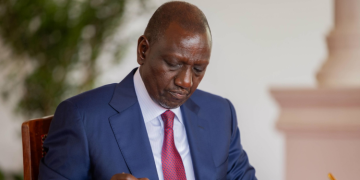The Monetary Policy Committee (MPC) chaired by the Central Bank of Kenya (CBK) Governor Kamau Thugge, has lowered rates by 75 basis points to 12.00 percent.
This means that Kenyans will be able to enjoy cheaper loans for various items including businesses, homes, cars, and more.
According to Thugge, the decision was made following a review by the committee on October 8, 2024, as part of its regular assessment of the Kenyan and global economic landscape.
Further, the committee noted a decrease in growth and credit to the private sector, affecting the overall economic activity in the country.
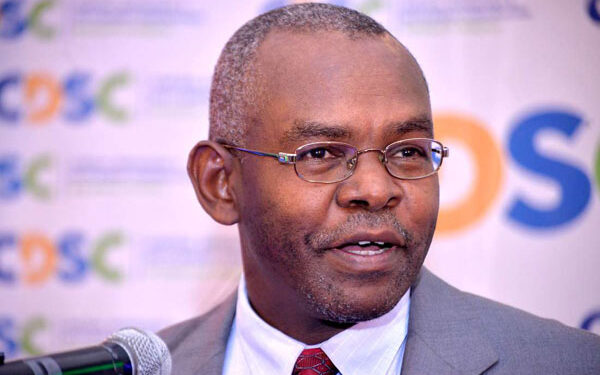
“The MPC also noted the sharp deceleration in credit to the private sector, and the slowdown in growth in the second quarter of 2024, and concluded that there was scope for a further easing of the monetary policy stance to support economic activity while ensuring exchange rate stability.”
“Therefore, the Committee decided to lower the Central Bank Rate (CBR) to 12.00 percent,” the CBK statement read in part.
Also Read: CBK Licenses 27 Additional Digital Credit Providers
Consequence of Lowered Interest Rates
Aside from reduced borrowing costs, lowered interest rates encourage investment in the country. Businesses may take advantage of lower borrowing costs to invest in expansion, new projects, or hiring, which can lead to job creation and further economic activity.
Additionally, it will lead to increased consumer spending because of lower spending on existing loans.
Also, lowered CBK rates could impact the currency value by causing a depreciation, consequently making exports cheaper and potentially increasing demand for domestic goods abroad.
Financial markets often react positively to rate cuts, as lower rates can boost corporate profits and make equities more attractive relative to fixed-income investments.
Also Read: Popular Loans Provider to Refund Customers After Hefty Fine
Other Highlights from the CBK Report
The committee’s decision to lower the rate comes in the wake of a 3.6% drop in inflation in September, down from 4.4% in August 2024.
CBK has attributed the decline in inflation to falling prices of key food items like tomatoes, cabbages, and potatoes.
Additionally, a drop in fuel inflation, which fell to 1.1% in September from 4.7% the previous month, also played a role, driven by lower electricity and fuel prices.
Moreover, non-food, non-fuel inflation (NFNF) also eased to 3.4% from 3.5%.
However, while inflation eased, economic growth slowed down in the country. Kenya’s real Gross Domestic Product (GDP) grew by 4.6% in the second quarter of 2024, down from 5.6% in the same period in 2023.
“The MPC will closely monitor the impact of the policy measures as well as developments in the global and domestic economy and stands ready to take further action as necessary in line with its mandate. The Committee will meet again in December 2024.”
Follow our WhatsApp Channel for real-time news updates:
https://whatsapp.com/channel/0029VaB3k54HltYFiQ1f2i2C
